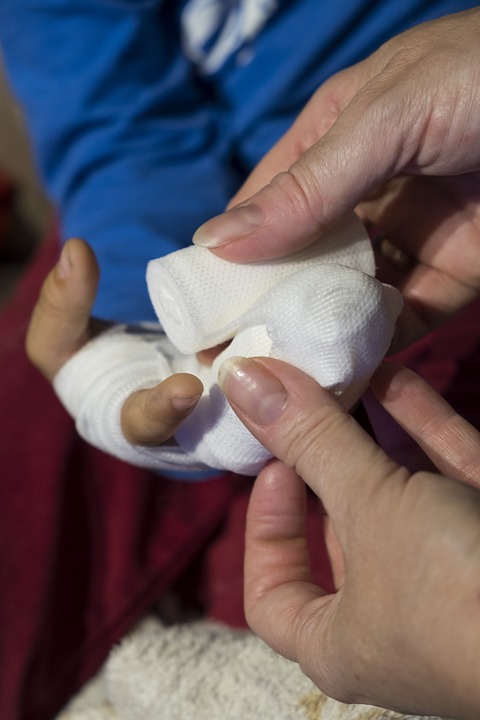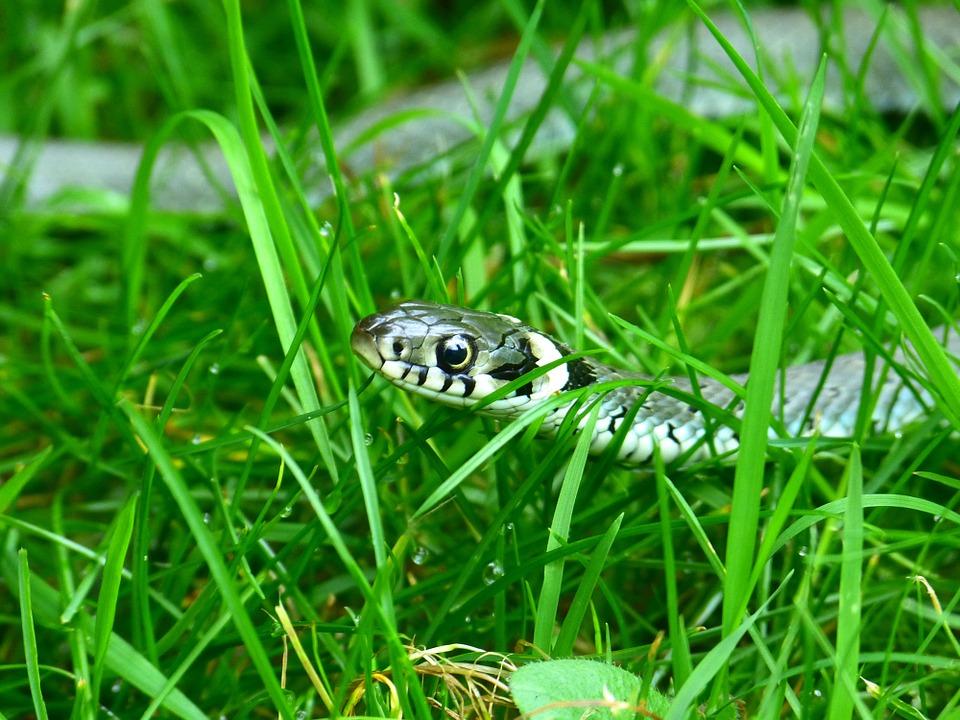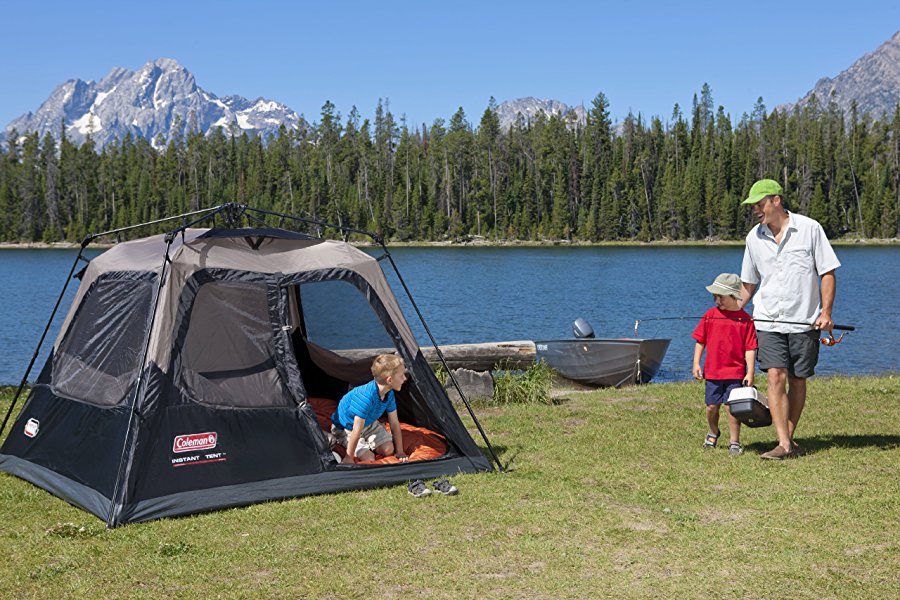5 Essential Outdoor First Aid Tips

While camping may seem to be all about fun, since it mainly involves the wilderness, you should be prepared for unpleasant scenarios for which you should have the knowledge of first aid. On a camping trip, you may suffer so many types of injuries and health issues from cuts, bruises and abrasions to heat stroke, snake bites and poisonous plants. Even though your buddy gets affected and you don’t, you have to perform the essential first aid to avoid worsening of the situation. Here are a few useful tips.
Carry a Well-equipped Outdoor First Aid Kit
To apply first aid in an emergency, you should have some basic items which you can carry in a box. While you can make your first aid kit yourself, an outdoor first aid kit comes in handy as it contains all the necessary items. Per se, you should look for an outdoor first aid kit box which contains:
- Elastic bandage and butterfly bandages
- Adhesive tape, gauze and gauze pads
- Scissors
- Antiseptic wipes
- Alcohol swabs
- Insect repellent
- Ibuprofen or aspirin
- Antihistamine
- Nail clippers
- Sunscreen
Along with the contents, you can also look for some additional qualities. For example, look for a kit that is water resistant so that if your trip involves water-related activities like swimming, boating, fishing etc. you can conveniently use your outdoor first aid kit.

How to Treat Cuts, Bruises, Blisters, Scrapes and Abrasions?
All these are common outdoor injuries and can be treated in much the same way. Firstly clean the area with a saline solution or medical disinfectant, and remove any dirt or debris from the wound. Then apply some antiseptic cream which will help it heal. Then cover it with a gauze or bandage, depending upon the size and location of the wound. Depending on the severity of the wound, you’ll need to consult a doctor or let it heal by itself. But the wound should be regularly cleaned and covered with fresh bandages.

How to Treat a Snake Bite?
The seasons of summer and spring are extremely beautiful and ideal for outdoor activities as there are flowers and greenery everywhere, and everyone enjoys swimming in the warm months. However, the hot weather may also compel snakes to come out of their hiding places, and hence snake bites are common during this season. They do happen even in cold months, but less often.
If you or someone in your party gets bitten by a snake, the first thing you should ensure is whether the snake has left the area. You don’t want multiple people to be affected while you were treating a person. Next, check the breathing of the affected person and then send for help. Stop them from moving to reduce the speed of the snake venom from spreading across the body. Put a Band-Aid or gauze over the bite and wrap around that area.

How to Treat a Heat Stroke?
In case of a heat stroke, you should first prevent the affected person from doing anything. Take them into the shade, relax any fitted clothing and fan them. If sweating is stopped and skin is dry to touch, you should immediately call emergency services because it’s a sign that the person has gone into a heat stroke from heat exhaustion.
If you’ve cold packs, put them into their groin area and armpits. The main blood vessels are in these two areas. If you cool them down, the cool blood further cools down the body. Never, drop the person in a cold bath because it may send them into a shock causing a significant damage to the blood vessels and nerves.

How to Treat Hypothermia?
In case of hypothermia, take the person away from the cold source or put a barrier around them, like a wind break. If they are wet, remove wet clothing and replace with dry clothing. Never put the person into a hot bath as it pulls the blood away from the core. You need to heat the person slowly. So, wrap them and put dry clothes on them, so that the body can produce heat on its own and heat them.

It’s better to meet a medical professional before your trip and get the knowledge of treating common possible injuries and health issues, and carry the medications suggested by them. These simple precautions will make your camping trip truly enjoyable.
















